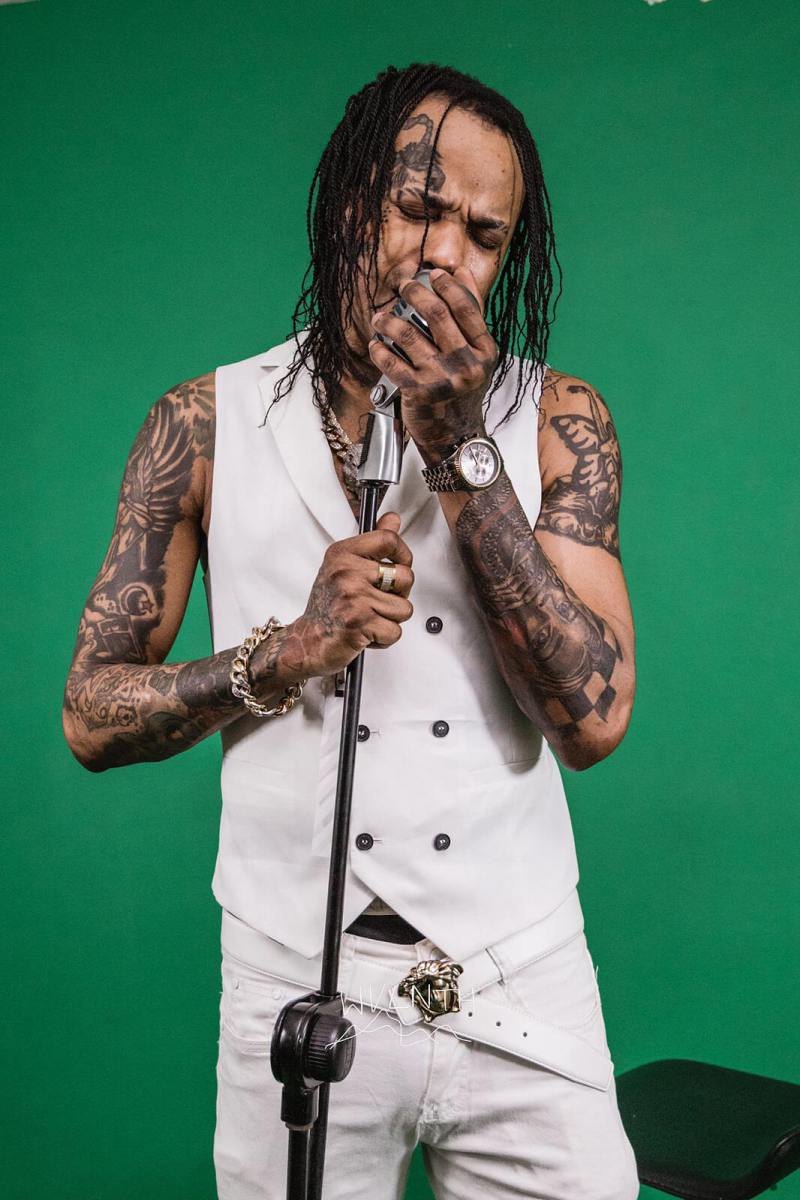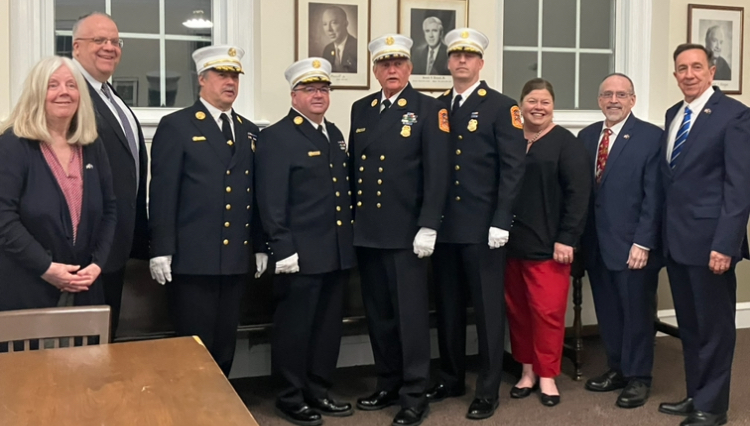The first official collaboration between dancehall staple and icon Tommy Lee Sparta and his son, the newcomer Skirdle Sparta, is the hot single “Dior Kicks.”
“Tommy Lee has long since unearthed and made into his own, a dark, Jamaican punk iconography that gives way to his performance of the various characters in his ensemble,” Brooklyn-based Jamaican entertainment publicist Ronnie Tomlinson, told Caribbean Life on Monday.
“Skirdle Sparta, with this new upbeat, electro dancehall vibe, ‘Dior Kicks’ adds more dimensions to the signature sonic arrangements of his father’s niche,” added Tomlinson, of Destine Media. “This single is a high energy banger meant for party setting but also perfect for radio airplay.”
Tomlinson said Tommy Lee burst onto the music scene in 2008 after the premier of his first single and subsequent performances in his home town Flankers, Montego Bay.
Eventually, she said Vybz Kartel discovered his immense talent and welcomed him into the “Portmore Empire.”
“Since then, Tommy has blazed his own trail in dancehall music, going on to create hits like ‘Warn Dem’, ‘Psycho’, ‘Soul Reaper’, ‘Spartan Soldier’, ‘Hard Ears’, ‘Blessings’, ‘Redemption Song’ and more,” Thomlinson.
She said Skirdle Sparta embraces his father’s legacy “by making it his own and adding a unique perspective and new flows that bring more depth and scale to the Spartan empire.”
“This collaboration also signifies a passing of the baton to the next generation of artists who have a different vision of the future,” Thomlinson said.
She said “Dior Kicks” is “a light-hearted but entertaining celebration of the magnetism that comes with the lifestyle of being an artist – something Tommy Lee is far from a stranger to.
“And though young Skirdle is not quite as experienced as his father, he manages to relate in a real way that shines on this track,” Tomlinson said. “It’s a great track, a great symbolic moment for dancehall and a great father son interaction that we don’t get often enough in dancehall.
“It speaks to the ability of dancehall artistry to transcend generation, the passage of time and to still be relevant in all phases of the Jamaican experience,” she added.


























